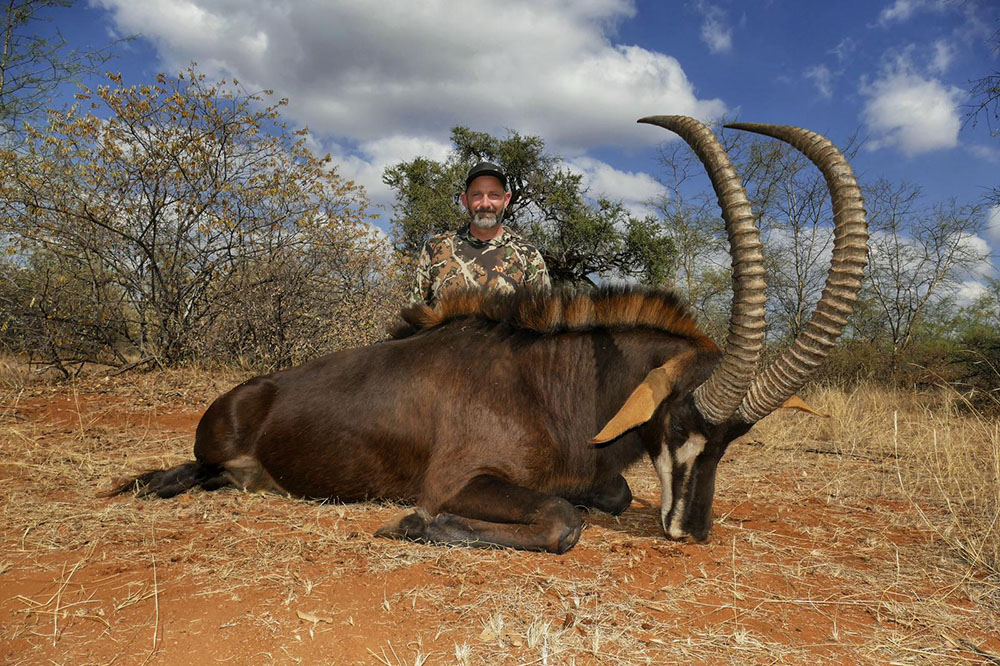
Bowhunting, a time-honored tradition dating back thousands of years, has evolved into much more than a sport. It has become a valuable tool for environmental conservation. While some may question its merits, there is a strong case to be made for why bowhunting is good for the environment as it contributes to biodiversity conservation, ecosystem health, and the preservation of natural habitats.
Population Management
One of the primary reasons bowhunting is beneficial for the environment is its role in managing wildlife populations. In many regions, overpopulation of certain species can have detrimental effects on ecosystems. Bowhunters, through controlled hunting seasons and bag limits, help keep these populations in check. This prevents overgrazing, reduces competition for resources, and minimizes the spread of diseases among animals.
Habitat Preservation
Bowhunters often play a crucial role in conserving natural habitats. Funds generated through hunting permits and licenses are typically reinvested into conservation efforts, including habitat restoration and protection. As hunters rely on healthy ecosystems for their sport, they have a vested interest in maintaining these environments.
Conservation Funding
Revenue generated from hunting permits, licenses, and taxes on hunting equipment goes directly into funding wildlife conservation programs. These funds support research, habitat restoration, anti-poaching efforts, and education initiatives. Without hunters, these vital financial resources for conservation would be significantly diminished.
Selective Harvesting
Bowhunting allows for more selective and ethical harvesting of animals compared to some other hunting methods. Skilled archers have the ability to target specific individuals based on age, gender, or health, which promotes a more sustainable approach to hunting. This selective harvesting can lead to stronger and healthier wildlife populations over time.
Promotes Responsible Stewardship
Bowhunters tend to be passionate advocates for the environment. They understand the importance of preserving natural resources and wildlife for future generations. Their participation in hunting serves as a model of responsible stewardship, emphasizing the need for conservation and ethical hunting practices.
Reduces Human-Wildlife Conflicts
In many areas, urban sprawl encroaches upon wildlife habitats, leading to increased human-wildlife conflicts. Bowhunting can help mitigate these issues by reducing the population density of certain species in proximity to human settlements. This can reduce property damage and the risk of dangerous encounters between humans and wildlife.
Ethical and Humane
Bowhunting is often praised for its emphasis on shot placement and ethical hunting practices. When performed skillfully, it can result in a quick and humane kill, minimizing the suffering of animals. This stands in contrast to some other methods of hunting that may be less precise.
Conclusion
Bowhunting, when conducted responsibly and ethically, provides significant benefits to the environment and wildlife conservation efforts. It plays a crucial role in managing populations, preserving habitats, generating essential funding for conservation programs, and promoting responsible stewardship of natural resources. While it may not be without controversy, there is a strong case to be made for the positive impact of bowhunting on the environment. Embracing sustainable hunting practices can help strike a balance between human activities and the conservation of our precious natural world.